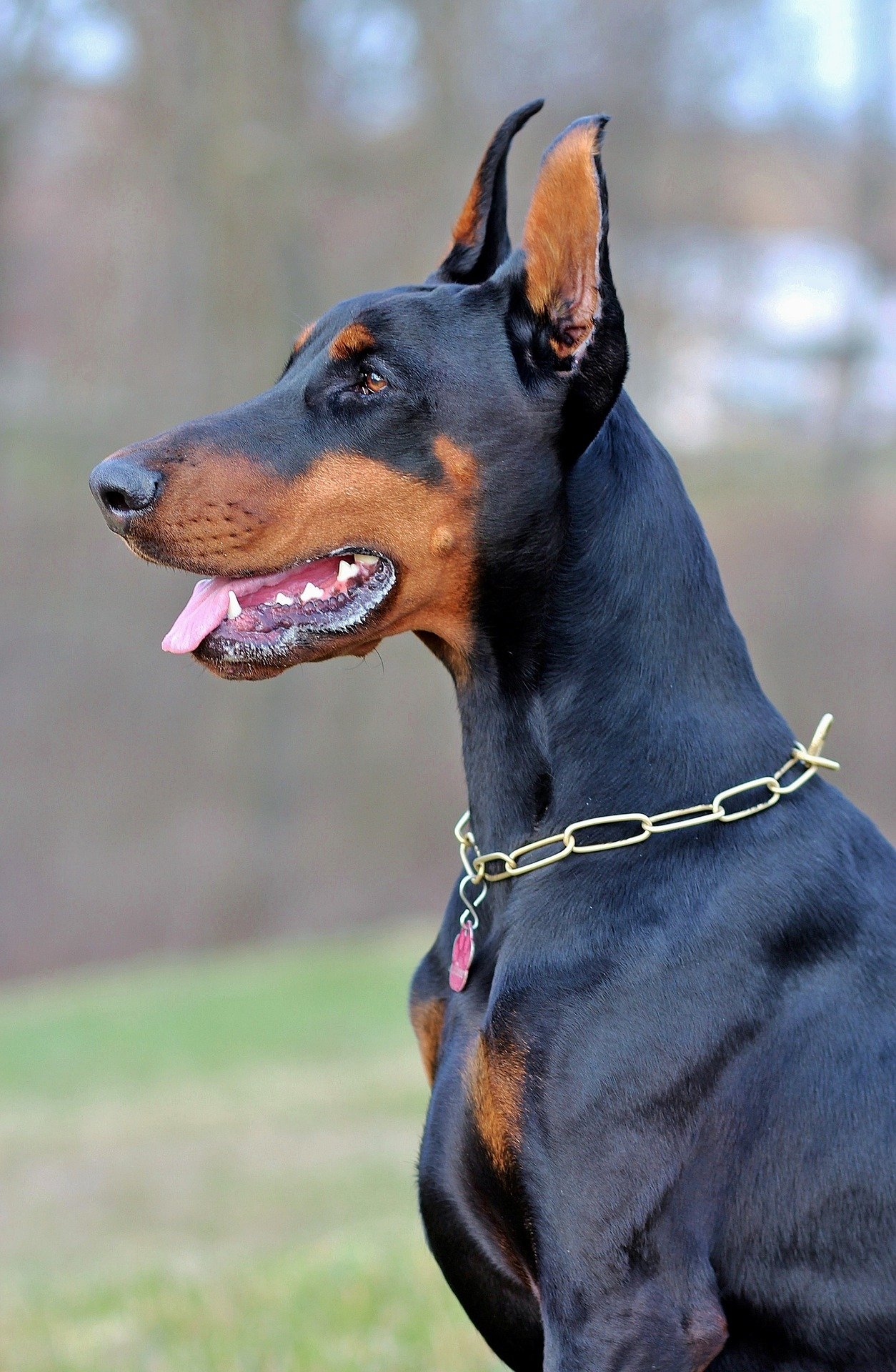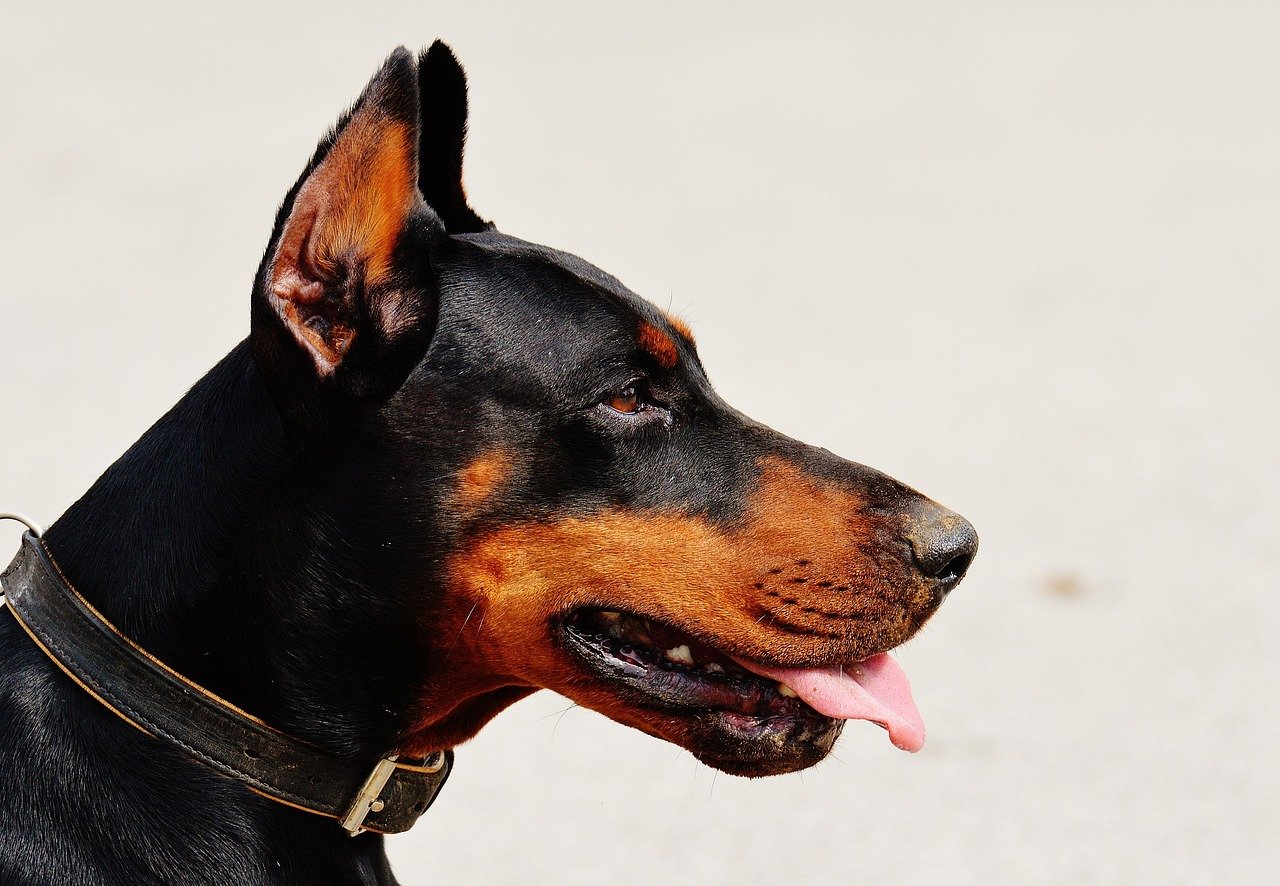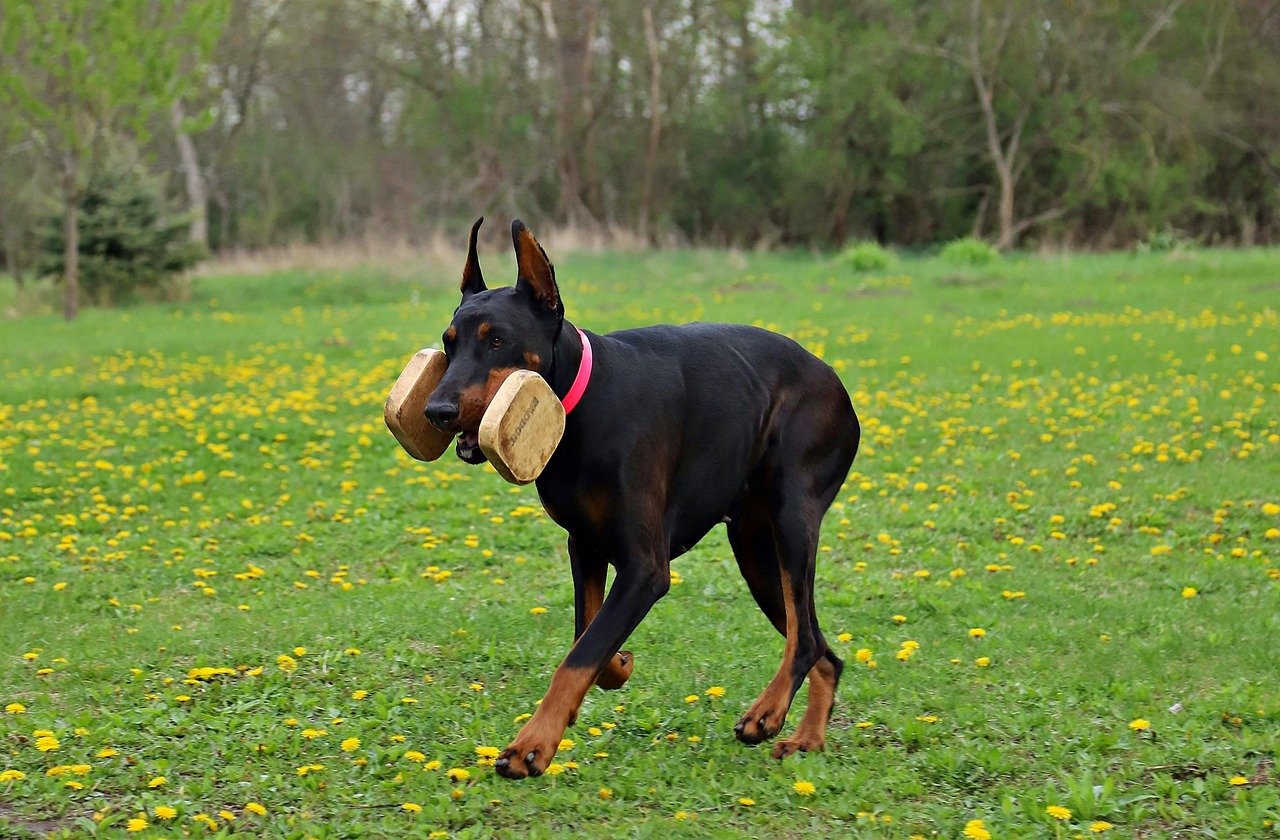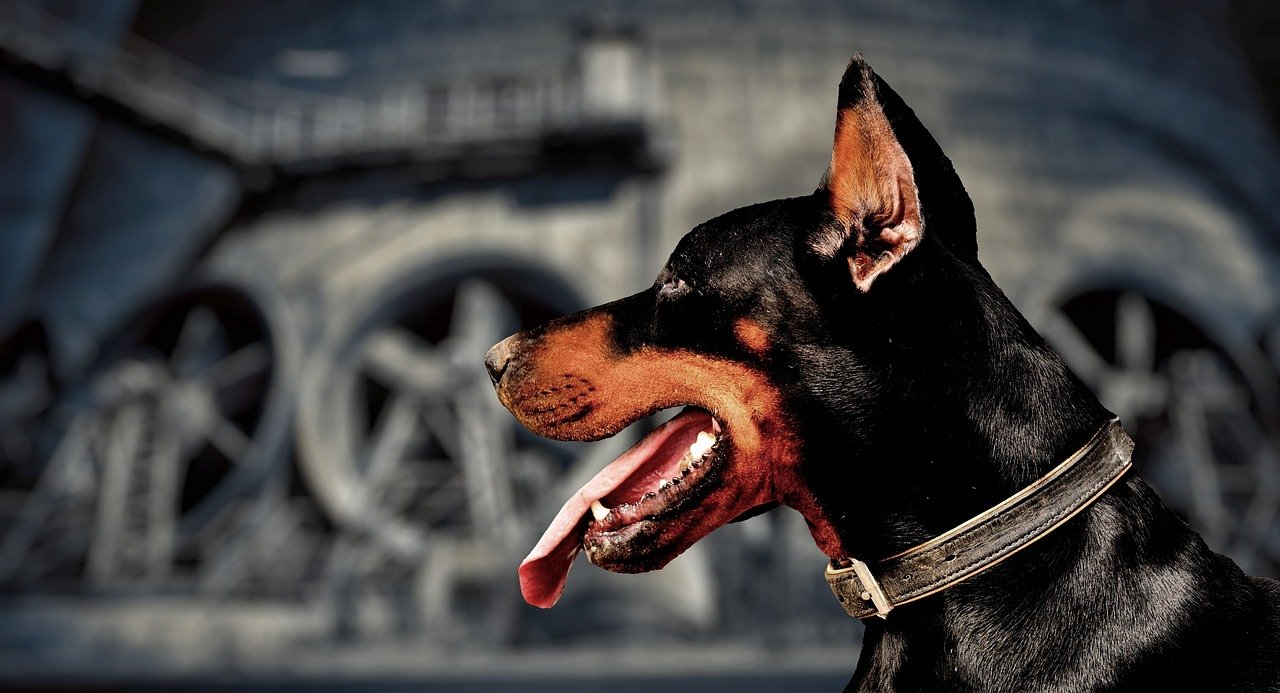Have you ever looked into the wise, gentle eyes of a senior Doberman and felt your heart melt? These loyal companions, once bursting with youthful energy, now move with a quieter dignity. Yet, caring for an older Doberman is a bittersweet journey—full of love, gentle challenges, and deeply rewarding moments. As Dobermans age, their needs change in surprising ways. Whether you’re facing the first gray hairs or you’ve been together through thick and thin, these ten tips will help you give your beloved friend the golden years they deserve.
1. Prioritize Regular Veterinary Checkups

As your Doberman ages, their fierce loyalty and protective spirit remain—but their needs begin to shift. Senior Dobermans may slow down physically, but their emotional depth and desire to stay close to their people only grow stronger. Caring for an older Doberman means more than just managing health changes—it’s about honoring a lifetime of companionship with patience, comfort, and love.
As Dobermans get older, their health can change quickly, sometimes almost overnight. Scheduling regular visits to the veterinarian—at least twice a year—is essential. These checkups help catch issues like arthritis, heart disease, or dental problems before they become serious. Think of it like taking your car for a tune-up; you wouldn’t want to wait for a breakdown. Discuss blood work and senior-specific screenings with your vet to keep a close eye on organ function. Even if your Doberman seems healthy, early detection is your best ally. These appointments also give you a chance to ask questions and get advice tailored to your dog’s unique needs. Remember, prevention is always easier than treatment.
2. Adjust Their Diet for Aging Needs

A senior Doberman’s metabolism slows down, meaning that their bodies process food differently than when they were younger. Switching to a high-quality senior dog food can make a world of difference. These formulas usually have fewer calories, more fiber, and joint-supporting nutrients like glucosamine. Watch your dog’s weight closely—extra pounds can make arthritis and heart problems worse. On the other hand, some seniors lose weight due to dental issues or decreased appetite, so monitoring their food intake is just as important. If your Doberman seems picky, try warming up their food or adding a bit of low-sodium broth for extra flavor. Every meal is a chance to show your love and support their health.
3. Focus on Gentle, Consistent Exercise

Exercise is still vital, but a senior Doberman’s joints and stamina aren’t what they once were. Replace long, intense runs with shorter, more frequent walks. Slow, gentle play sessions—like tossing a soft toy or strolling through the park—keep their muscles toned and minds stimulated. Always watch for signs of fatigue, like heavy panting or limping, and never push your dog past their comfort zone. Swimming is an excellent low-impact option if your dog enjoys water. Think of exercise as a way to keep the spark in their eyes, not to exhaust them. Even a short daily walk can mean the world to your loyal friend.
4. Provide a Comfortable Living Space
Older Dobermans can struggle with stiff joints, making hard floors and cold drafts uncomfortable. Offer a plush, orthopedic dog bed to support their body and ease pressure on their hips and elbows. Place the bed in a quiet, warm corner away from busy walkways or chilly windows. Consider adding non-slip rugs to prevent slipping on tile or wood floors, which can lead to injuries. If your home has stairs, think about ramps or baby gates to limit dangerous climbs. Creating a cozy, accessible environment helps your Doberman feel safe and cherished every day. Sometimes, comfort is the greatest gift you can give.
5. Maintain Good Dental Hygiene

Dental health is often overlooked but becomes even more important as dogs age. Plaque and tartar can lead to painful infections, tooth loss, or even affect the heart and kidneys. Brush your Doberman’s teeth regularly with dog-safe toothpaste, even if they resist at first. Dental chews and toys can help, but nothing replaces a thorough cleaning. Ask your vet about professional cleanings if your dog’s teeth are in bad shape. A healthy mouth means easier eating and fewer health risks. Remember, a Doberman’s smile is too precious to lose to preventable dental problems.
6. Watch for Signs of Cognitive Decline

Just like people, senior Dobermans can experience changes in memory or behavior. You might notice confusion, restlessness at night, or forgetting familiar routines. These signs can be heartbreaking, but gentle mental stimulation can help slow cognitive decline. Puzzle toys, simple training exercises, or even just a new walking route can keep their mind active. Be patient and understanding—frustration or accidents aren’t their fault. If you notice significant changes, talk to your vet about supplements or medications that might help. Keeping your Doberman’s mind sharp is a loving act that preserves your bond.
7. Monitor Their Mobility and Pain Levels
Dobermans are prone to arthritis and joint pain, especially as they age. Watch for subtle changes, like hesitating before jumping onto the couch or struggling to get up after a nap. You might see stiffness in the morning that improves as they move around. Never ignore signs of pain—dogs often hide discomfort until it’s severe. Your vet can recommend pain relief options, from medications to physical therapy or supplements. Gentle massages or heating pads (used with care) can bring comfort as well. Mobility loss doesn’t have to mean a loss of joy—adapt, support, and cherish every step together.
8. Keep Up with Grooming and Skin Care
Older Dobermans can develop dry skin or thinning fur, making regular grooming even more important. Brush your dog’s coat gently to remove loose hair and check for lumps, bumps, or sores. Bathing should be less frequent but always use gentle, dog-safe shampoos. Pay special attention to their nails—overgrown nails can cause pain and affect how they walk. Ears should be cleaned regularly to prevent infections. Grooming is more than just hygiene; it’s a chance to bond, check their health, and make your senior Doberman feel pampered and loved.
9. Be Mindful of Temperature Changes
Senior Dobermans are more sensitive to heat and cold. In hot weather, avoid walks during the heat of the day—older dogs overheat faster and can suffer heatstroke easily. Make sure they always have access to fresh water and a cool resting place. In winter, Dobermans’ short coats provide little insulation, so consider a cozy dog sweater and limit time outdoors in the cold. Watch for shivering, limping, or reluctance to go outside. Protecting your dog from extreme temperatures is a simple way to show you care, keeping them safe and comfortable all year round.
10. Shower Them With Love and Patience
Above all else, older Dobermans need your love, patience, and understanding. There will be days when they move slower, forget commands, or need extra help. Cherish those gray faces, the gentle tail wags, and the quiet moments together. Speak softly, offer gentle caresses, and let them know they are safe and adored. Senior dogs may need more from us, but they give back a thousand times over with their trust and devotion. Every moment is a memory in the making—hold onto them tightly.






